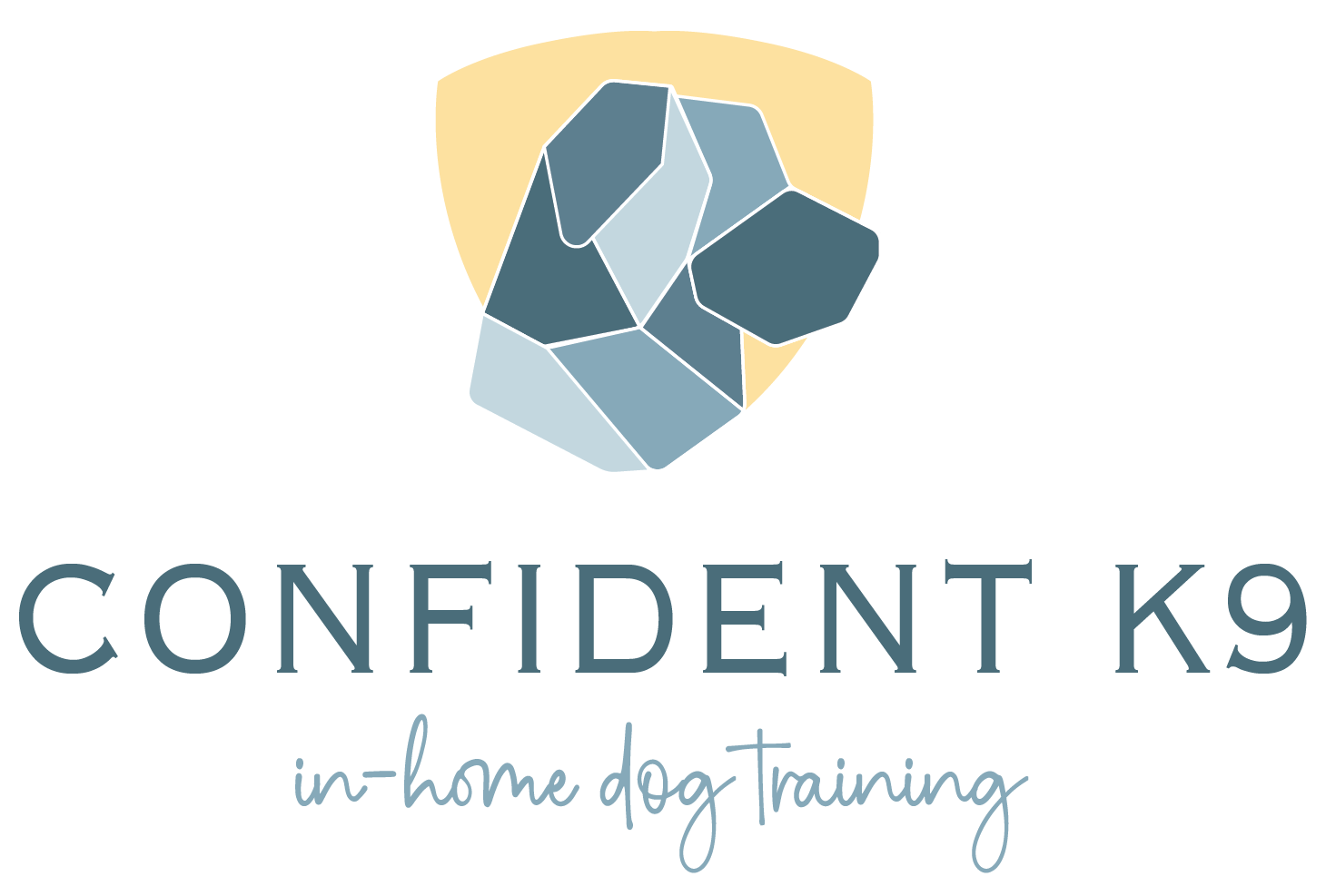
How to Deal with Aggression in Dogs: Tips for Responsible Pet Owners
Every pet owner envisions a life of harmony and joy with their canine companion. Yet, the emergence of aggressive behavior can disrupt this dream, casting a shadow over the bond between you and your pet. This guide offers a deep dive into actionable measures for addressing aggression to restore peace and ensure a healthy, happy coexistence. By understanding the roots and remedies of aggression, you can forge a stronger, more understanding relationship with your dog.
Understanding Dog Aggression
When your dog growls, snaps, or bites, it signals distress or discomfort stemming from various triggers such as fear, protection of territory, or previous adverse experiences. Identifying what sparks these reactions in your pet is a critical first step in addressing aggressive behavior. Understanding that aggression is often a symptom of underlying issues is vital in cultivating compassion and patience as you work toward a solution.
Recognizing the Signs of Aggression
Observing your dog’s body language for early signs of aggression—such as body stiffening, direct staring, and warning growls—is essential for preventing escalation. Immediate, appropriate responses to these signals can help avert potentially hazardous situations. Recognizing these signs not only protects you and your dog but also everyone around you, reinforcing the safety and well-being of the wider community.
The Role of Socialization in Preventing Aggression
Effective socialization plays a pivotal role in preventing aggression by familiarizing your dog with various scenarios and living beings. Early exposure to different people, fellow animals, and new environments can significantly diminish fear-driven aggression. This foundational aspect of dog training fosters adaptability and confidence in your pet, crucial traits for navigating a world full of unpredictable stimuli.
Training Techniques to Reduce Aggression
Adopting training methods that rely on positive reinforcement can significantly reduce aggressive tendencies. By rewarding desirable behavior instead of punishing undesirable actions, you reinforce the behaviors you want to see. This approach requires consistency and patience but yields a more harmonious relationship between you and your dog. Training, at its core, is about communication and understanding, bridging the gap of confusion and fear that often leads to aggression.
The Impact of Exercise and Diet
A regimen of regular exercise and a nutritious diet is surprisingly effective in moderating your dog’s behavior. Physical activity channels your dog’s energy constructively, mitigating anxiety and aggression, while a balanced diet supports overall health and mood stability. Together, they form a cornerstone of a holistic approach to managing aggression, addressing physiological needs that, when neglected, can exacerbate behavioral issues.
Creating a Safe Environment
Crafting a tranquil home environment is essential for dogs prone to aggression. Providing a dedicated space where your dog can retreat and relax away from stressors can significantly reduce aggressive episodes. This safe haven is crucial when your dog feels overwhelmed, acting as a buffer against the stress that can trigger aggression.
Professional Help: When to Seek It
Encountering persistent aggressive behavior in your dog can be disheartening. However, there comes a point when professional intervention becomes necessary. Engaging with a seasoned dog trainer or behaviorist can offer customized strategies tailored to your dog’s specific challenges. These experts bring a wealth of experience and insight, providing a roadmap to navigate through the complexities of aggression.
Legal Responsibilities and Safety Measures
Owning a dog that displays aggressive behavior carries legal responsibilities that must not be overlooked. It’s imperative to take all necessary precautions to mitigate risks, ensuring the safety of others while protecting yourself from potential legal consequences. Responsible pet ownership involves understanding these obligations and taking proactive steps to prevent aggressive incidents, underlining the importance of training, socialization, and, when necessary, professional consultation.
Contact Us for Dog Training Services
Navigating through aggression in dogs can be a complex journey, but it’s one you don’t have to embark on alone. Confident K9 stands ready to guide you every step of the way. With our expertise in addressing canine behavioral challenges, we’re committed to transforming your struggles into successes. By reaching out to us, you gain access to personalized, effective strategies designed to foster a more peaceful and rewarding relationship with your pet. Let’s work together to create a happier, safer environment for both you and your beloved dog.
